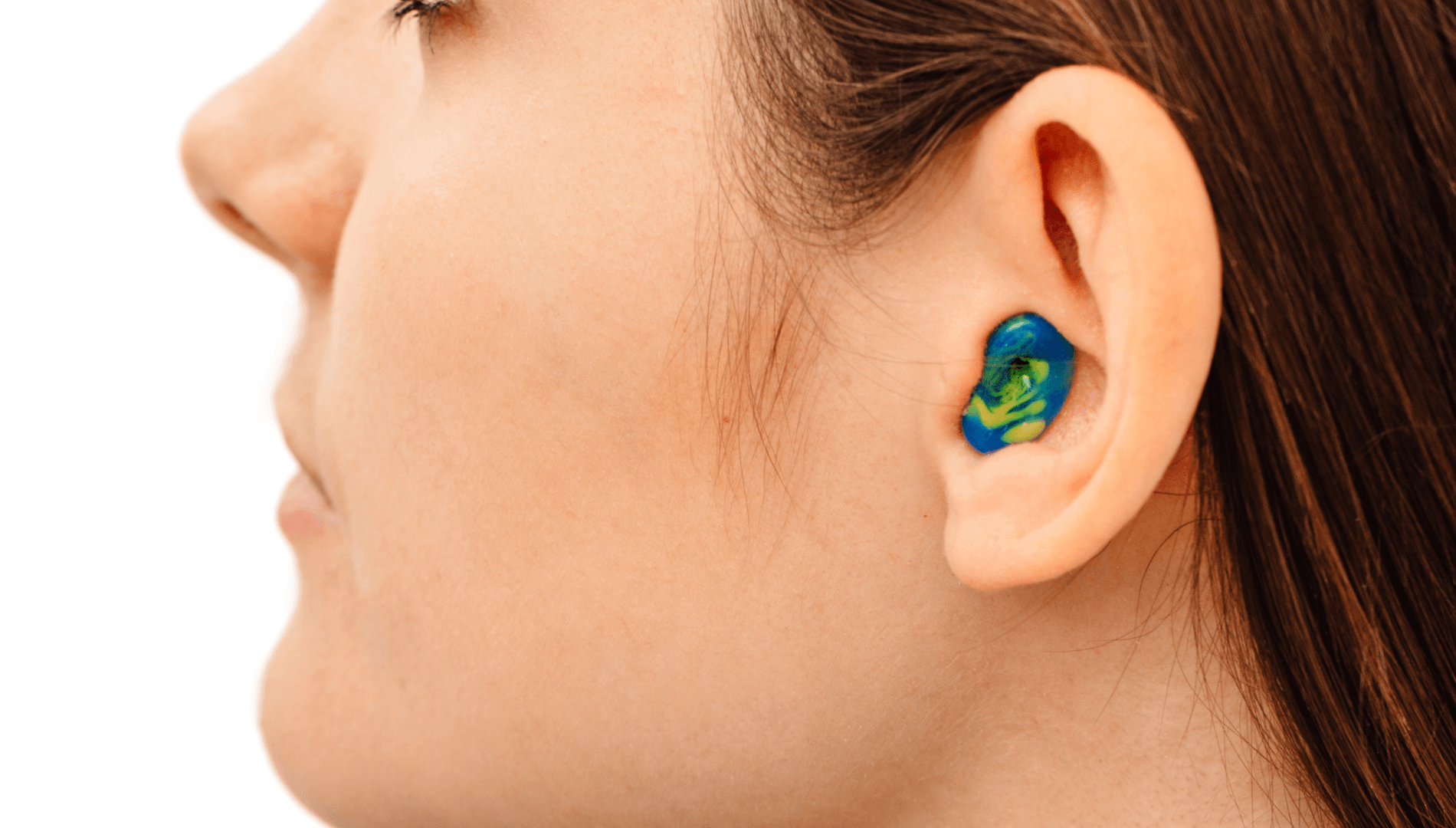
Tinnitus, a persistent ringing or buzzing sound in the ears, is more than just an annoyance. It can significantly impact an individual’s emotional and psychological well-being, as it often intertwines with anxiety and depression. As hearing professionals, understanding the connections between tinnitus, anxiety, and depression is vital in offering holistic care to our patients. In this article, we will explore the latest advancements in hearing loss prevention, diagnosis, and management, and how they relate to tinnitus, while emphasizing the importance of early detection and compassionate care.
The Tinnitus-Anxiety-Depression Nexus
Tinnitus, anxiety, and depression are often interlinked, creating a complex web of physical and emotional distress for those affected. Recent research has shed light on these connections. Studies have shown that the severity of tinnitus symptoms correlates with increased levels of anxiety and depression. When patients experience tinnitus, the distressing sound can lead to frustration, sleep disturbances, and difficulty concentrating, which in turn exacerbate feelings of anxiety and depression.
Hearing Loss Prevention
Preventing hearing loss is the first line of defense against tinnitus and its potential emotional consequences. Recent advancements in hearing loss prevention have highlighted the importance of public awareness campaigns and hearing protection devices. These efforts aim to educate individuals about the risks associated with exposure to loud noises and promote the use of ear protection in noisy environments.
In addition, advancements in occupational safety standards have helped reduce noise exposure in various industries. Employers are now more aware of the risks associated with workplace noise and have taken measures to protect their employees’ hearing health.
Early Detection and Diagnosis
Early detection of hearing loss and tinnitus is crucial for addressing these issues promptly. Hearing professionals play a vital role in this process, as they can identify hearing problems during routine check-ups. Regular hearing assessments, especially for individuals with a history of noise exposure, can lead to early detection and intervention.
Recent research has focused on refining diagnostic tools and techniques. Audiologists now have access to advanced technologies, such as otoacoustic emissions (OAE) and distortion product otoacoustic emissions (DPOAE) testing, which allow for the early identification of subtle hearing impairments. These tests can detect hearing loss before it becomes noticeable to the individual, enabling timely interventions.
Management and Treatment
Managing tinnitus often involves addressing the emotional distress it causes. Hearing professionals should adopt a multidisciplinary approach, involving psychologists, psychiatrists, and other specialists. Cognitive-behavioral therapy (CBT) has emerged as an effective treatment option for tinnitus-related anxiety and depression. CBT helps patients reframe negative thought patterns and develop coping strategies to reduce emotional distress.
Sound therapy, another promising approach, uses soothing background noise to mask the tinnitus sound. This can alleviate the perceived loudness of tinnitus and reduce its impact on a patient’s mental well-being. Hearing professionals can guide patients in selecting the right sound therapy options, such as white noise machines or hearing aids with built-in sound generators.
Pharmaceutical interventions may also be considered for patients with severe anxiety and depression related to tinnitus. Recent research suggests that medications targeting specific neurotransmitters can help manage the emotional consequences of tinnitus. However, their use should be carefully monitored and tailored to each patient’s needs.
Futuristic Interventions
As technology continues to advance, several futuristic interventions hold promise for tinnitus management. One exciting development is the use of neuromodulation techniques, such as transcranial magnetic stimulation (TMS) and transcranial direct current stimulation (tDCS). These non-invasive approaches aim to modulate brain activity, potentially reducing the distress caused by tinnitus. Research is ongoing, but early results are encouraging.
Furthermore, the use of artificial intelligence (AI) in tinnitus management is an emerging frontier. AI-powered hearing aids can adapt to the user’s needs in real-time, reducing the impact of tinnitus on their daily life. These devices can modify sound settings, allowing for greater comfort and relief.
Compassionate Care
Understanding the connections between tinnitus, anxiety, and depression is essential, but so is delivering compassionate care. Hearing professionals should approach patients with empathy and patience, acknowledging the emotional toll tinnitus can take. Creating a supportive environment where patients feel heard and understood can be as crucial as the treatments themselves.
In conclusion, the intricate relationship between tinnitus, anxiety, and depression highlights the importance of early detection and holistic care. Recent advancements in hearing loss prevention, diagnosis, and management have provided new tools and techniques for hearing professionals. Additionally, futuristic interventions offer hope for more effective treatments in the years to come. As hearing professionals, we must strive to provide compassionate care, recognizing the emotional burden tinnitus places on our patients. By staying informed and embracing the latest research, we can make a significant difference in the lives of those living with tinnitus and its associated challenges.

Tips For Improving Your Hearing Experience
Matthew Favinger, M.S., F-AAA

Finding the Perfect Hearing Aids
Matthew Favinger, M.S., F-AAA

